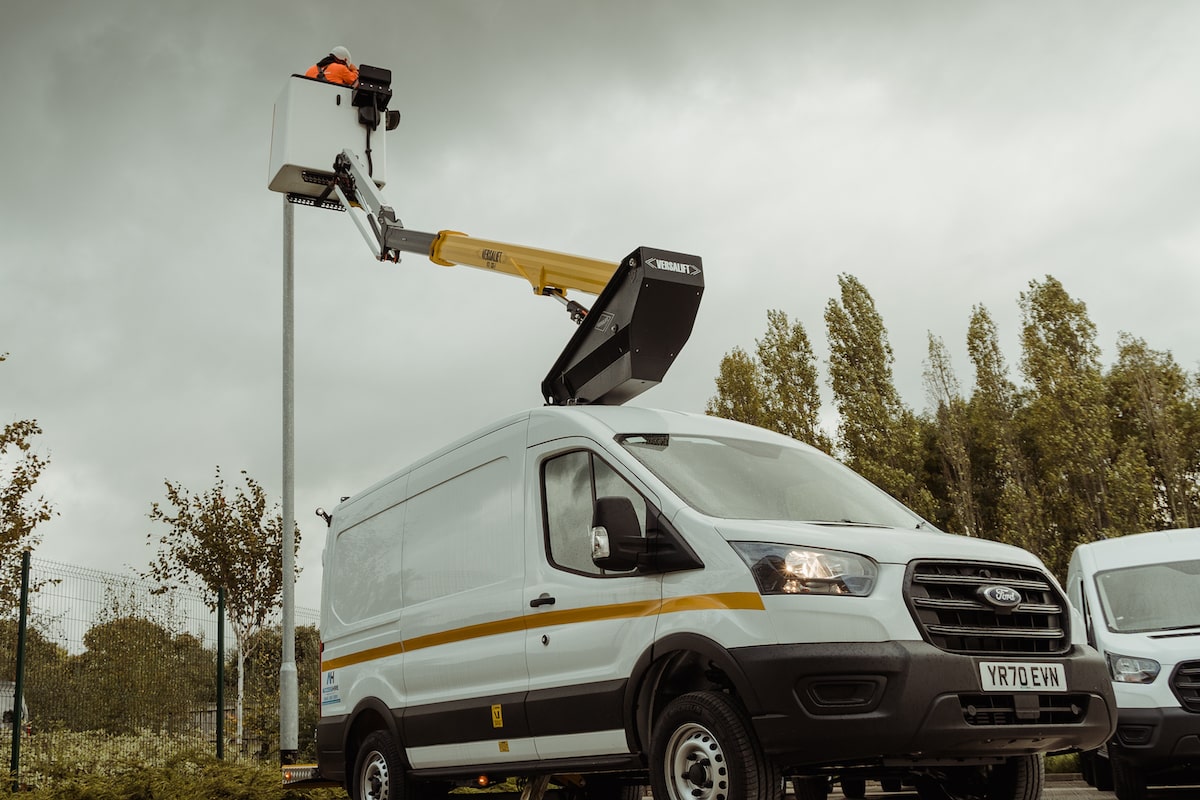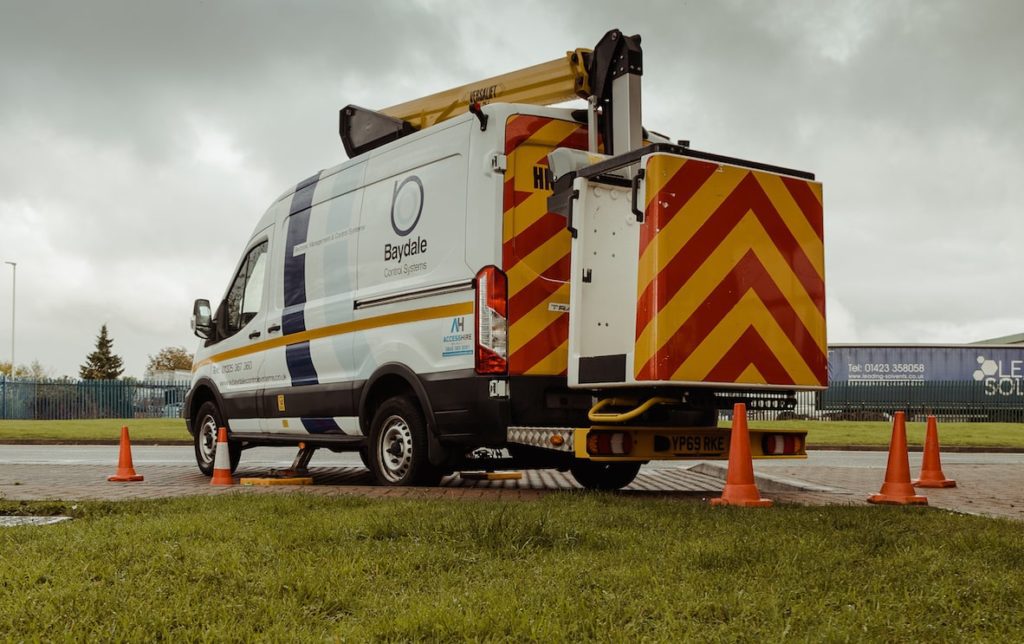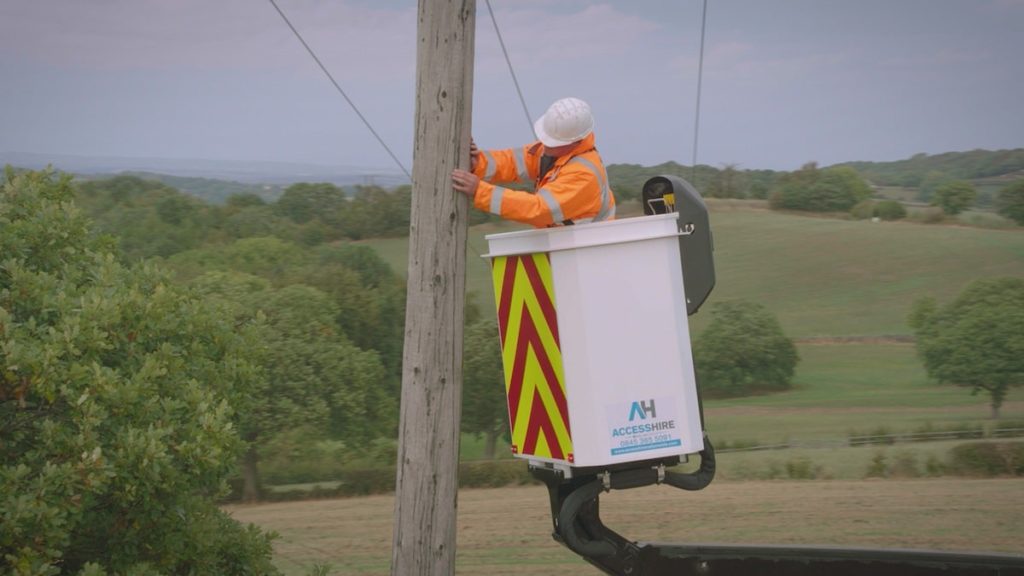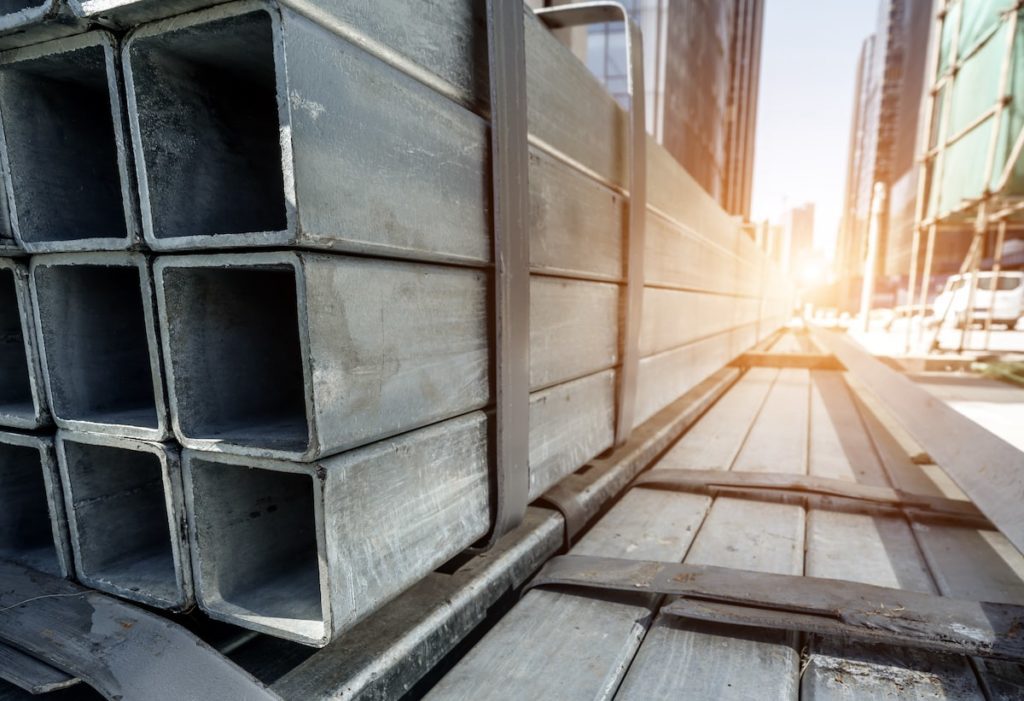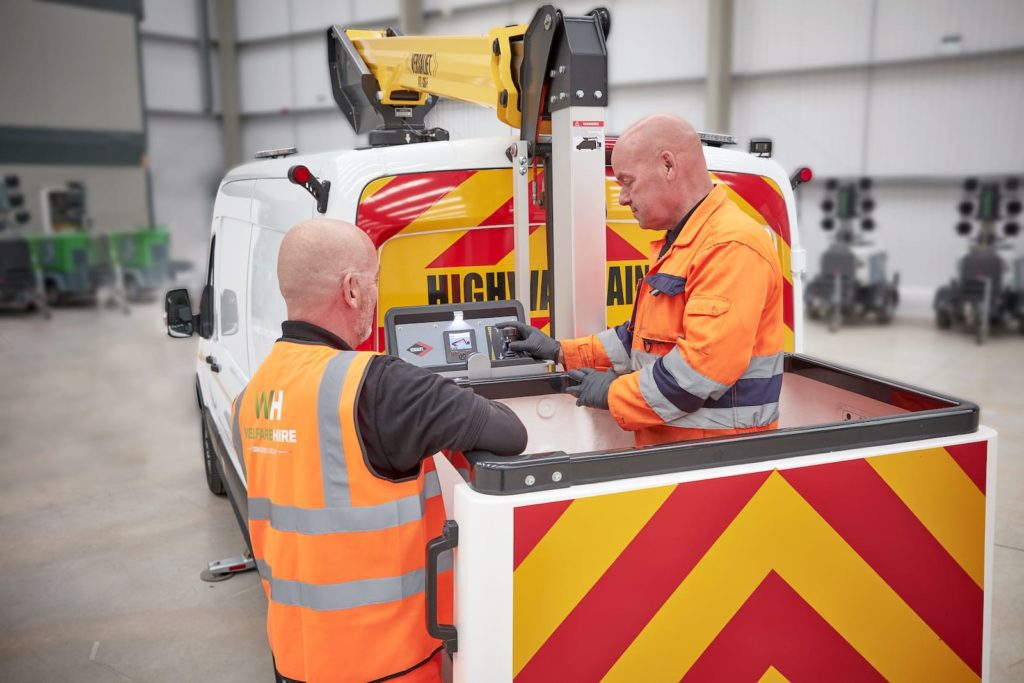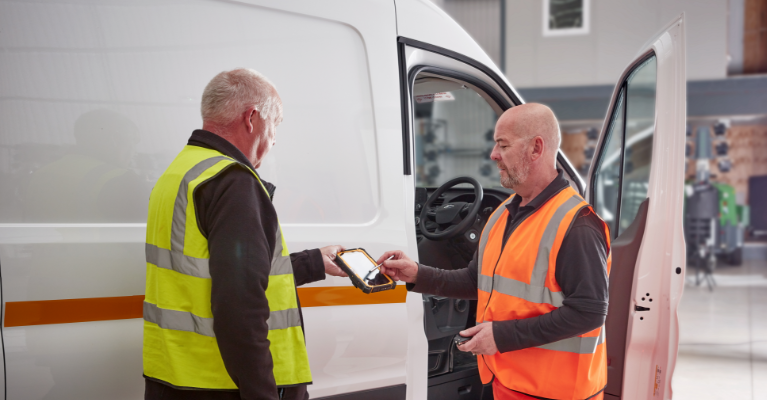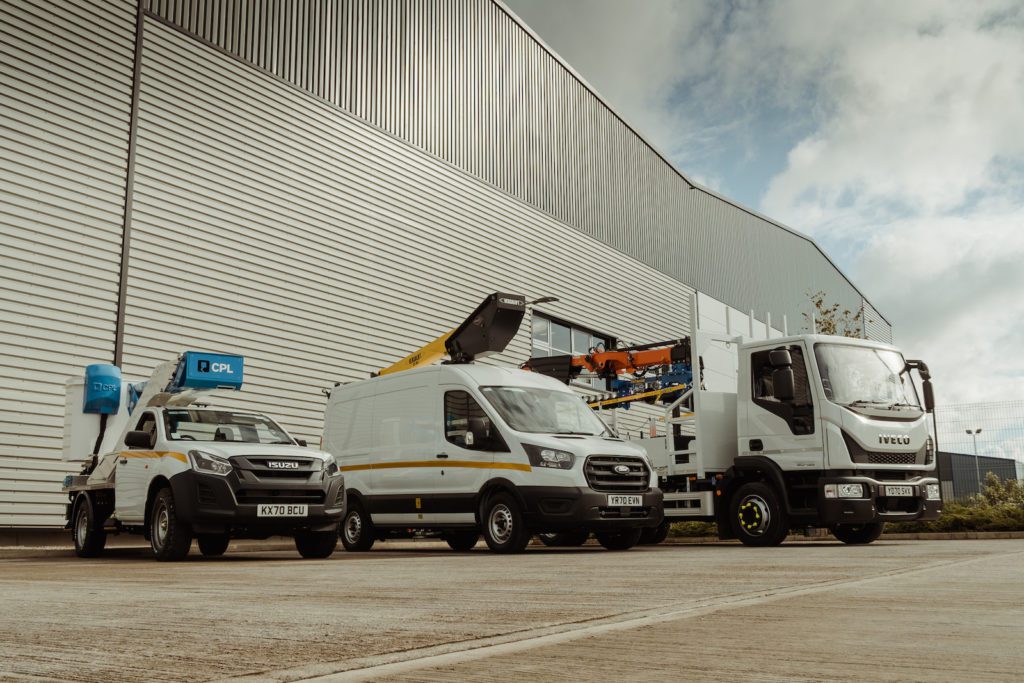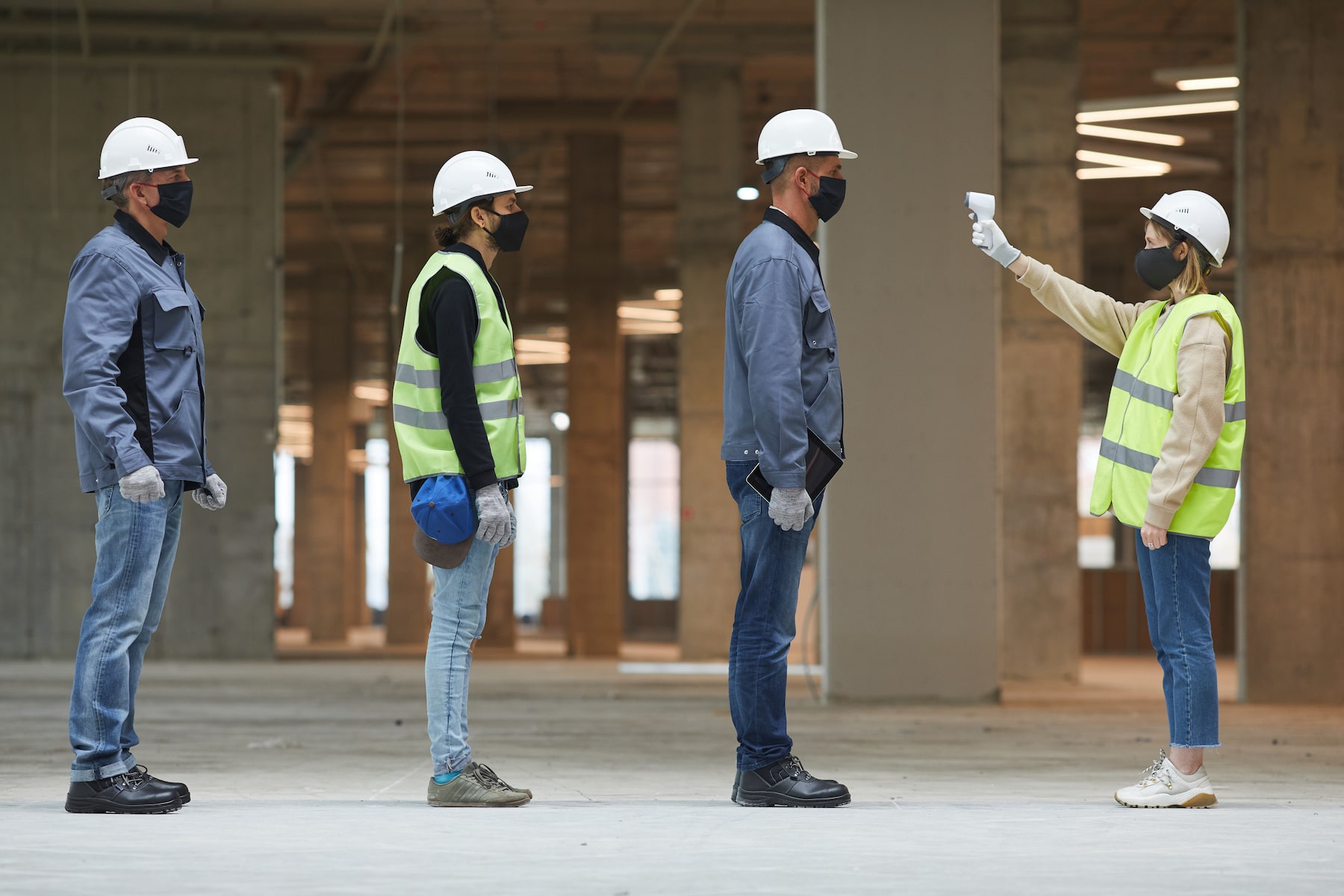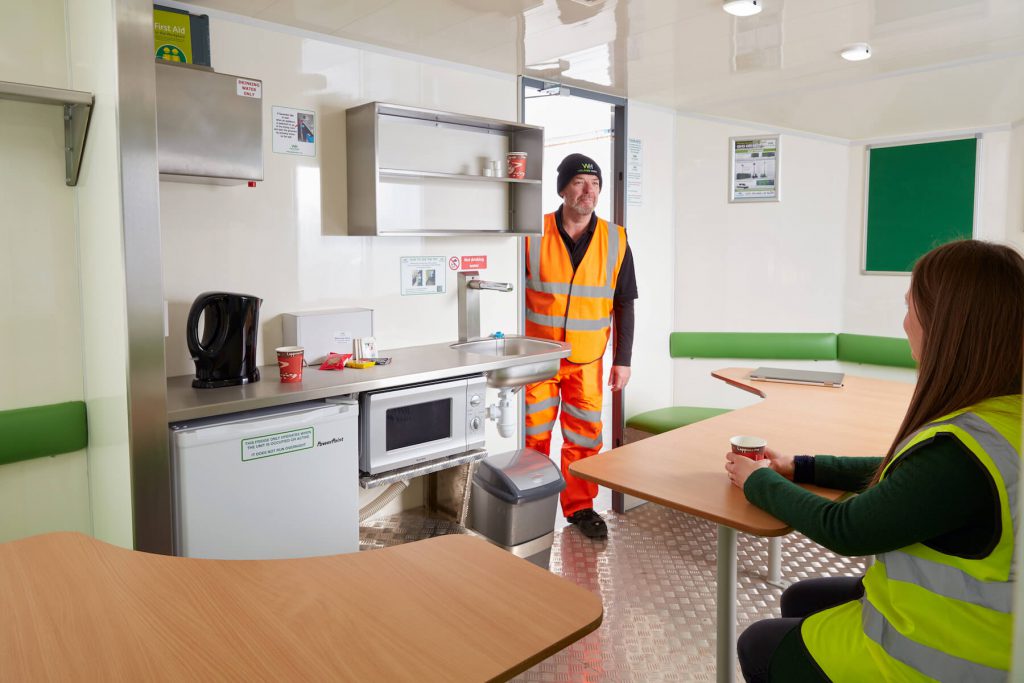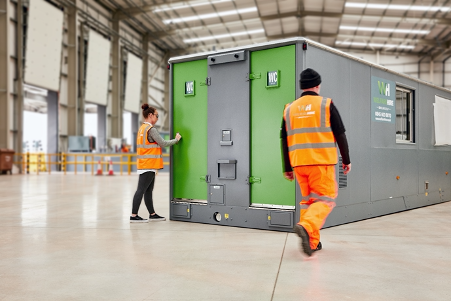Keeping a hygienic worksite has never been more important. Not only is hygiene a crucial safety component, it is also vital for maintaining your reputation; instilling trust and confidence in employees; and creating a positive atmosphere on site.
To achieve the necessary levels of hygiene, however, it is no longer enough simply to provide basic cleaning facilities. Instead, mobile welfare units and welfare vans are now an essential part of any safe, healthy worksite. We look at how Welfare Units improve hygiene on site.
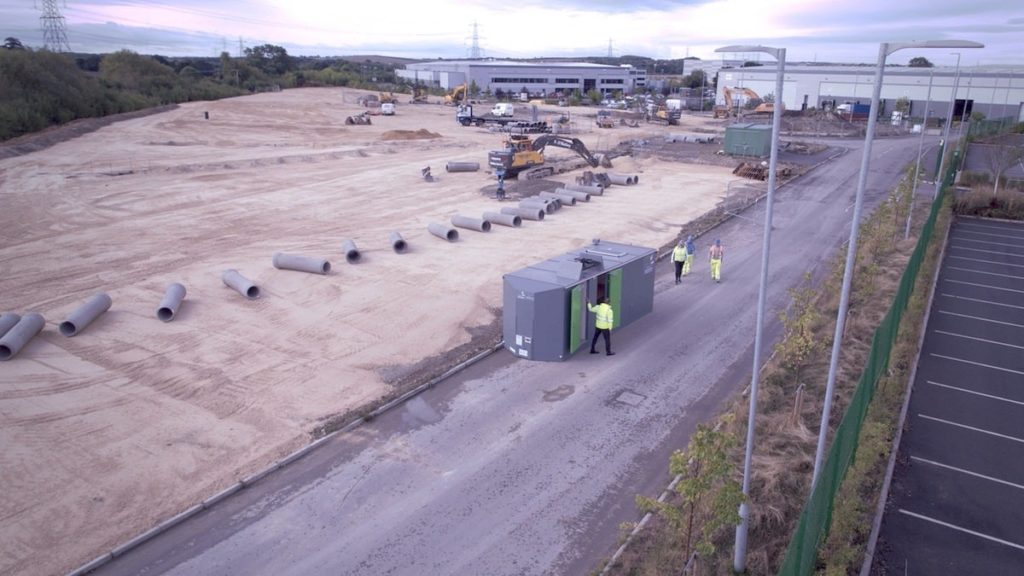
How welfare unit improves hygiene on site
Welfare units are important for many things: wellbeing, comfort and team-morale building. But innovative welfare units like those that we provide at Welfare Hire also have numerous features built in to maximise hygiene on site.
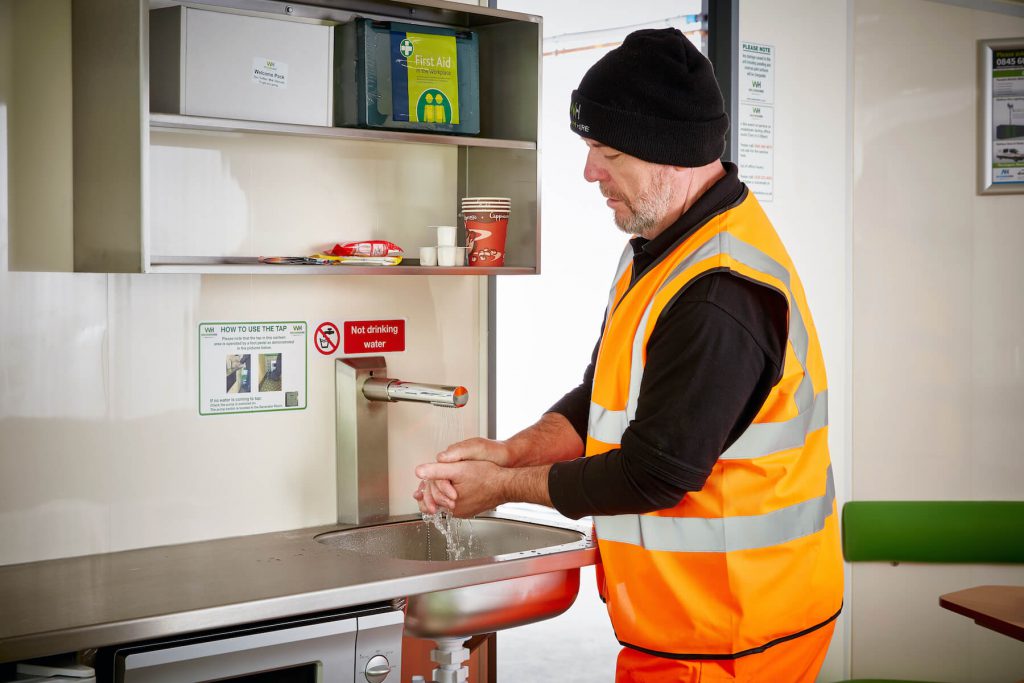
1. Contactless handwashing
Handwashing on site is vital for hygiene: nearly 80% of illness causing germs are spread by hand. But most traditional washbasins require you to press the tap before you’ve washed your hands.
Contactless handwashing removes that point of hand contact. This ensures that employees can wash their hands thoroughly whilst minimising the risk of spreading germs via the tap.
What’s more, with an XL water tank of up to 340 litres onboard supplying between two and three separate large hand to elbow washbasins, there is plenty of on-demand hot water for frequent use.
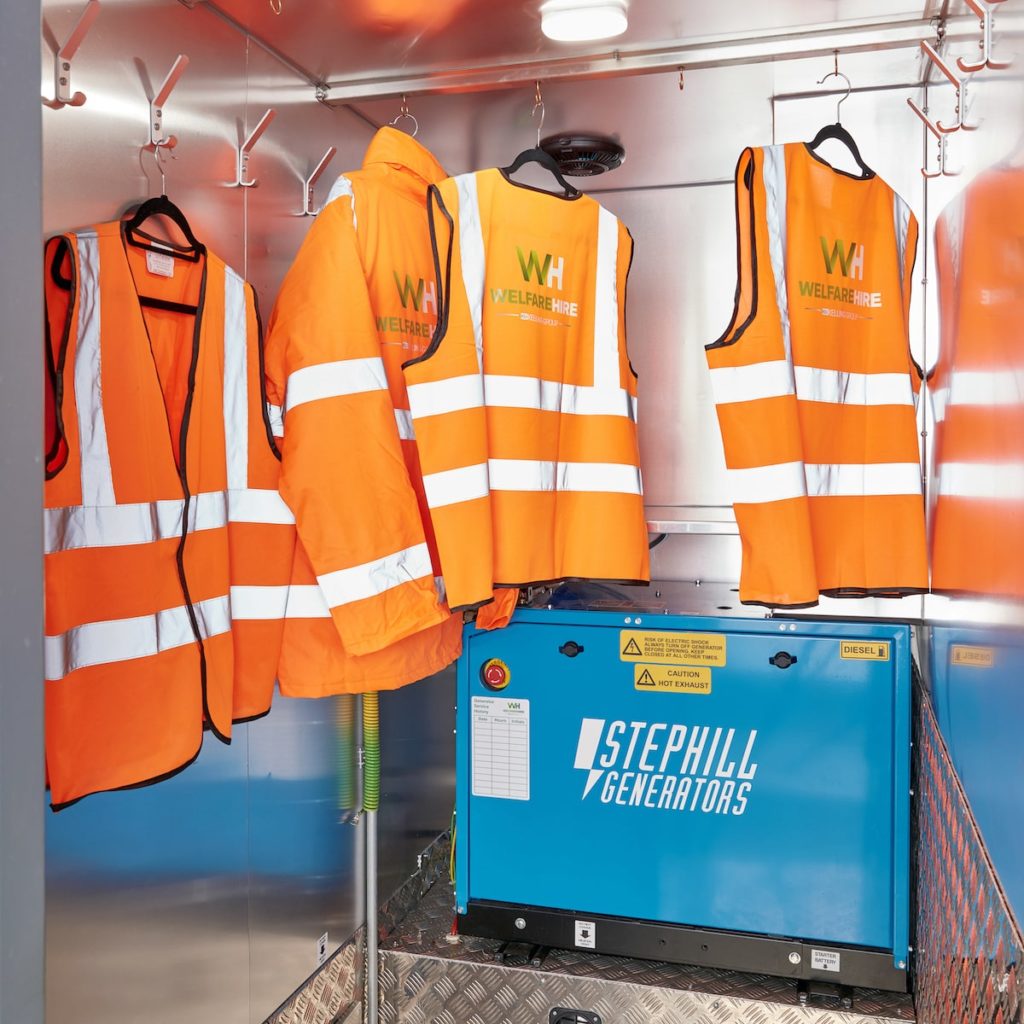

2. Separate heating and drying systems
During the pandemic, Personal Protective Equipment (PPE) has gained increased attention – and for good reason. PPE is essential to site safety, but it also needs to be kept clean.
Our welfare units feature separate heating and drying systems with an auto mode, which ensures that PPE continues to dry when left onsite – so it’s dry and ready to be worn at the start of the next shift.
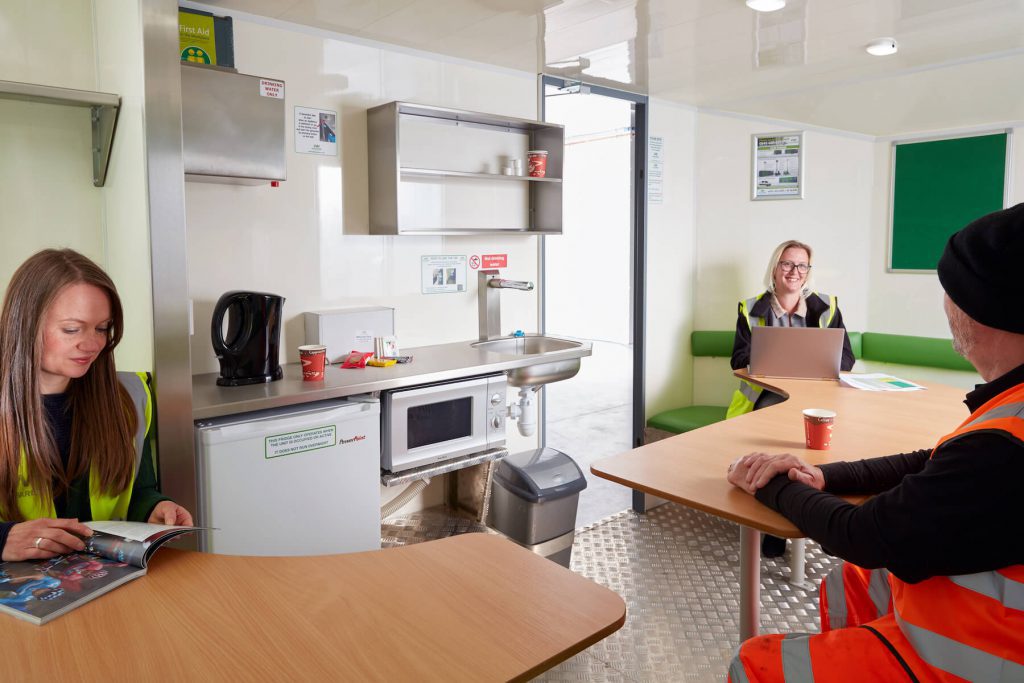

3. WELFARE UNITS WITH Extra space
Social distancing has changed our lives, and the uniquely designed XL space our welfare units provide – providing up to 40% more room internally – enables employees to rest and relax without risk of breaking protocol. However, space is not just important when resting or taking time out.
That’s why our welfare units also feature uniquely designed dynamic spaces, including separate work and mess stations, XL seating and tables, dedicated large working offices, drying and changing rooms and up to two separate WCs with ceramic water-flush facilities. So employees can maintain a safe distance and ensure their hygiene is always of a high standard whilst optimising performance and wellbeing onsite.
With our 360 degree virtual tour, you can see the spaciousness for yourself:

